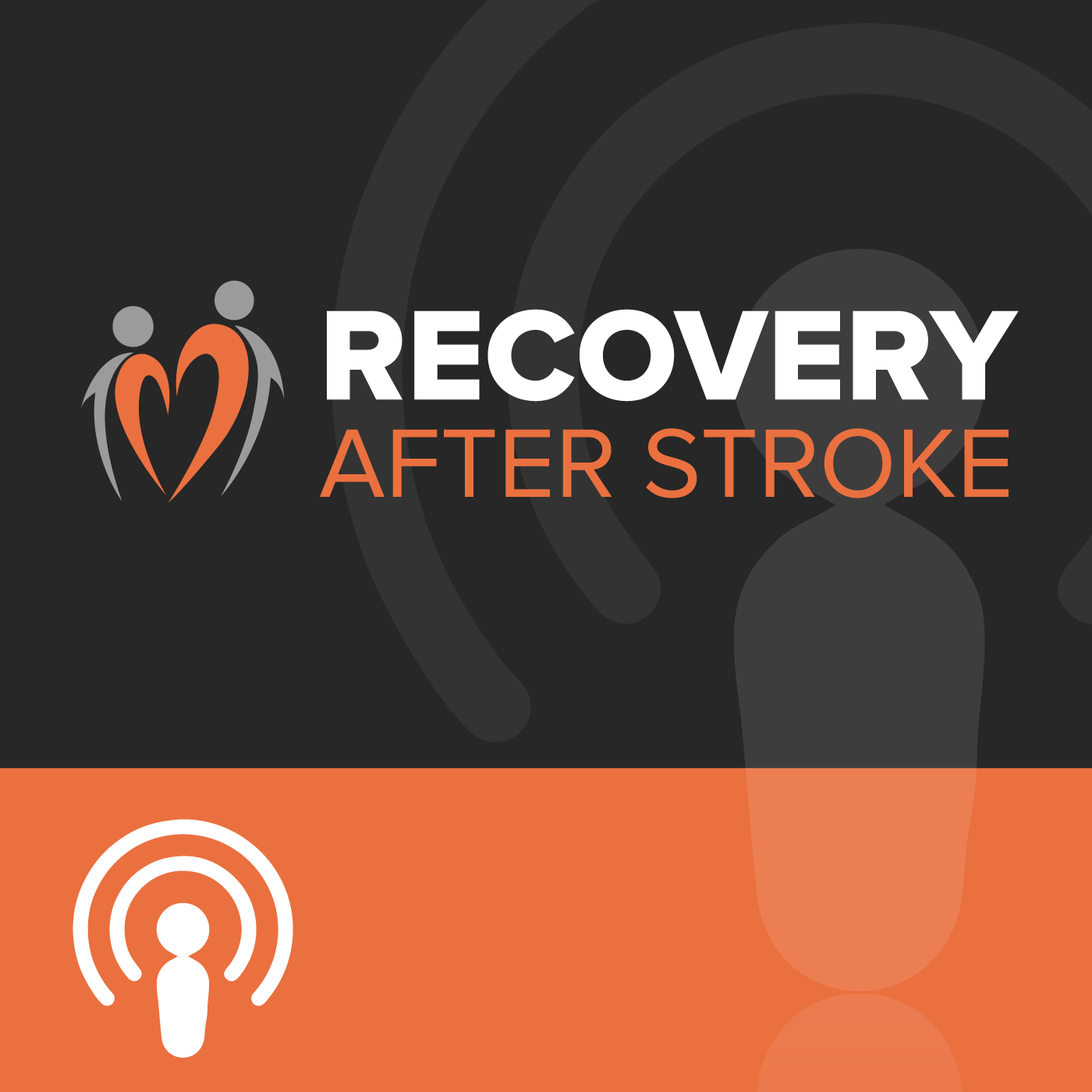- After-Shows
- Alternative
- Animals
- Animation
- Arts
- Astronomy
- Automotive
- Aviation
- Baseball
- Basketball
- Beauty
- Books
- Buddhism
- Business
- Careers
- Chemistry
- Christianity
- Climate
- Comedy
- Commentary
- Courses
- Crafts
- Cricket
- Cryptocurrency
- Culture
- Daily
- Design
- Documentary
- Drama
- Earth
- Education
- Entertainment
- Entrepreneurship
- Family
- Fantasy
- Fashion
- Fiction
- Film
- Fitness
- Food
- Football
- Games
- Garden
- Golf
- Government
- Health
- Hinduism
- History
- Hobbies
- Hockey
- Home
- How-To
- Improv
- Interviews
- Investing
- Islam
- Journals
- Judaism
- Kids
- Language
- Learning
- Leisure
- Life
- Management
- Manga
- Marketing
- Mathematics
- Medicine
- Mental
- Music
- Natural
- Nature
- News
- Non-Profit
- Nutrition
- Parenting
- Performing
- Personal
- Pets
- Philosophy
- Physics
- Places
- Politics
- Relationships
- Religion
- Reviews
- Role-Playing
- Rugby
- Running
- Science
- Self-Improvement
- Sexuality
- Soccer
- Social
- Society
- Spirituality
- Sports
- Stand-Up
- Stories
- Swimming
- TV
- Tabletop
- Technology
- Tennis
- Travel
- True Crime
- Episode-Games
- Visual
- Volleyball
- Weather
- Wilderness
- Wrestling
- Other
Anxiety and Depression Amidst Stroke – A Comeback Story | Angie Read
Understanding and Managing Depression and Anxiety After Stroke In the wake of a stroke, survivors and their caregivers often grapple with numerous challenges. Among these challenges, one that frequently emerges is the prevalence of depression and anxiety. In this comprehensive guide, we delve into the intricacies of depression and anxiety after a stroke, shedding light on crucial aspects and offering valuable insights to help survivors and their caregivers effectively manage these mental health conditions. The Prevalence of Depression and Anxiety After Stroke Key Statistics One in Four Survivors: Shockingly, statistics reveal that one in four stroke survivors will experience depression and anxiety after their ordeal. Pre-existing Conditions: It’s important to note that some survivors may have had depression or anxiety before their stroke, and the risk of exacerbation is higher in such cases. The Silent Struggle Recognizing the Signs Depression and anxiety often manifest subtly after a stroke. It’s imperative for survivors and caregivers to be vigilant and recognize the signs early on: Persistent Sadness: Survivors may experience prolonged feelings of sadness, hopelessness, or emptiness. Anxiety and Worry: Anxious thoughts about the future, health, or recovery are common. Social Withdrawal: A sudden withdrawal from social activities or interactions with loved ones can indicate underlying emotional distress. Sleep Disturbances: Difficulty falling asleep or staying asleep may be indicative of depression or anxiety. Changes in Appetite: A sudden loss or gain of appetite is a potential red flag. Physical Symptoms: Unexplained aches, pains, or headaches can accompany these mental health conditions. Causes and Triggers Understanding the Factors Depression and anxiety after a stroke can stem from various factors, including: Brain Changes: The physical impact of a stroke on the brain can disrupt mood-regulating pathways. Emotional Adjustment: Coping with the aftermath of a stroke can be emotionally taxing, leading to these conditions. Medications: Some medications used in stroke recovery may have side effects that contribute to depression or anxiety. Social Isolation: Limited social interaction post-stroke can lead to feelings of loneliness and depression. Fear of Recurrence: The fear of another stroke can be a significant trigger for anxiety. Seeking Help and Support The Importance of Professional Assistance Survivors and their caregivers should never hesitate to seek professional help. Mental health professionals can offer invaluable support through: Therapy: Cognitive-behavioral therapy (CBT) and counseling can provide coping strategies. Medication: In some cases, medication may be prescribed to manage symptoms.

